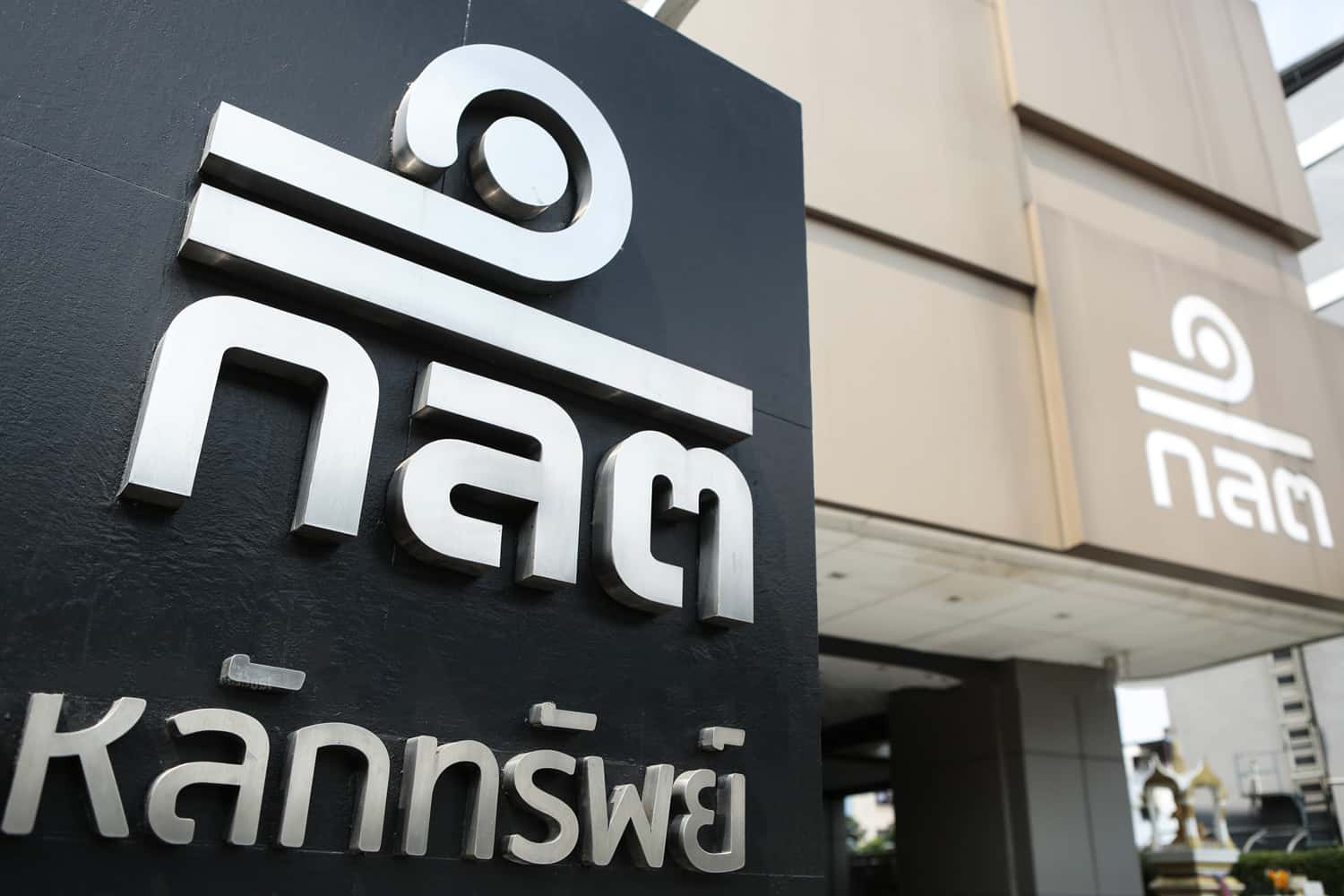As a result of the crypto lending platforms’ crashes that were experienced in Summer of 2022, the Securities and Exchange Commission (SEC) of Thailand is planning to take radical action. According to the Thai SEC, crypto platforms must not provide or support depository services for digital assets as part of their regulated activities. A press release published on the official website of the SEC reported on Sept. 15 that the SEC had opened a public hearing on the matter and would be collecting opinions until Oct. 17.
To protect traders and the general public from the risks of such transaction providers, the regulator intends to ban the practice of staking and lending services offered by digital asset business operators in order to protect investors and traders. A number of key points are included in the planned ban. Operators will no longer be permitted to take deposits of digital assets with the promise of paying returns to depositors, even if the returns are derived from the promotion budget, not from the growth in value of the assets themselves. There would also be a ban on advertising of lending and depository services.
With the general meltdown on the market this summer, crypto lending platforms got themselves into serious trouble, resulting in companies such as Celsius Network and Voyager Digital freezing their withdrawals and then filing for bankruptcy in the aftermath.
Zipmex, the Thai cryptocurrency exchange that suspended withdrawals in July cited a combination of circumstances beyond the exchange’s control. In September, the SEC accused the crypto exchange and the co-founder Akalarp Yimwilai of non-compliance with local laws, and referred the matter to police for prosecution. According to the regulator, Zipmex did not comply with the provisions of the country’s Digital Assets Act when it should have been providing information on digital wallets and cryptocurrency transactions.
Cryptocurrency firms will also face stricter advertising rules from the SEC from October. To comply with the SEC’s directive, firms must limit advertising directly promoting cryptocurrency to “official channels” like their own websites, while at the same time handing over details of their adverts and spending, including any influencers and bloggers that they have employed and the terms that they have agreed to.



































